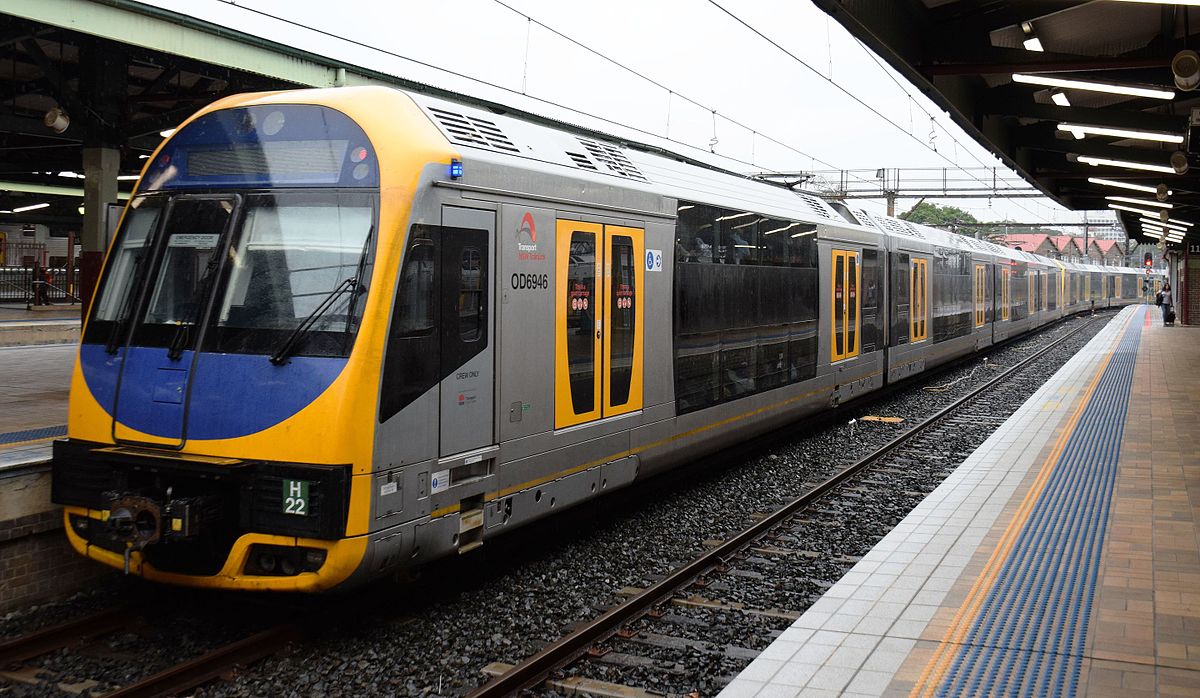What we can learn from the NSW government’s Sydney Trains crisis
Meltwater’s David Hickey takes a look at the digital clues leading up to Sydney Trains’ narrowly avoided strike – clues which may have offered a solution to dodging the crisis entirely.
With the rise of social platforms as a medium for public feedback over the last decade, the luxury of time to plan for a crisis has dropped significantly. Forget hours, a company usually has just seven minutes to acknowledge a rising issue.

Source: Wikipedia
Businesses often lack the tools and foresight to prepare themselves for crises, and in doing so miss the opportunity to implement a strategic approach to resolve a problem. Instead of choosing to ‘wait and see‘ if an issue will become a full-blown crisis, businesses need to be prepared to implement a consistent, transmedia approach to crisis management at the drop of a hat.


This seemingly ignores the fact this goes beyond a straight marketing issue into politics given its a government issue. Both example you pull out appear to be of ‘left’ leaning individuals who are making as much a political statement in the context of a Liberal government as much as commenting on an actual service problem.
Hi David, I think you’ve missed the mark in analysing Sydney Trains’ response to the strike. Major government agencies have industrial relations officers that keep track of issues like these and the agency would’ve been monitoring and managing the issue behind the scenes for a long time without checking what punters are tweeting. While monitoring sentiment would’ve informed media strategies, it would’ve been irrelevant to anticipating the strike.
I agree. There is also a presumption here that large government agencies aren’t using these tools already to analyse sentiment and inform decision making.
While some of David’s sentiments around using tools to view real-time feedback are correct, his conclusions in this instance are not.
Hi
Although I found the article very interesting and agreed with most of it, its wrong to say that “What eventuated two weeks later was a planned strike due to the need for drivers to work overtime because of a lack of staff.”
The RTBU had been negotiating with the government for six months regarding their enterprise agreement. The new timetable started on 26 November. The RTBU had used the timetable and overtime as part of their advocacy for more pay – but this was not the reason why industrial action was taken. Their decision to impose an overtime ban was made “following management’s refusal to negotiate a fair and reasonable enterprise agreement,” according to the RTBU media release on 15 January.
Accordingly enhanced social monitoring wouldn’t have tipped off the government that a strike was imminent, or prevented it. This is because the the genesis was driven by the union as part of their negotiations – not customers on social media.